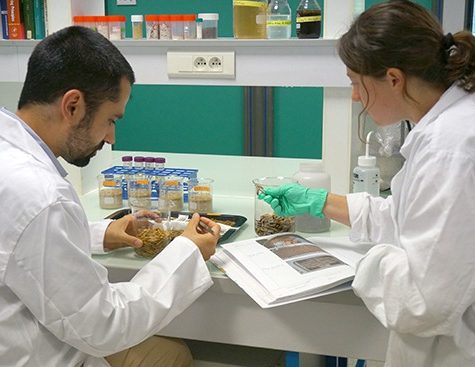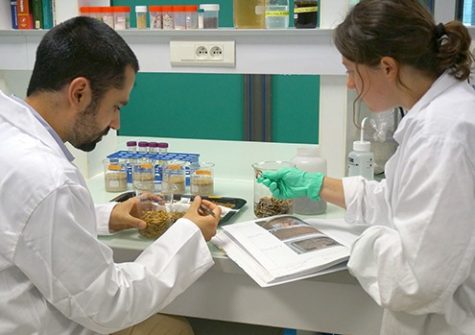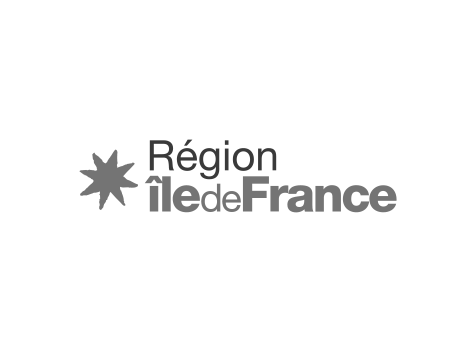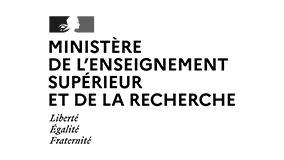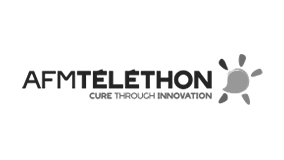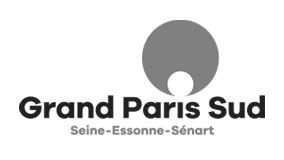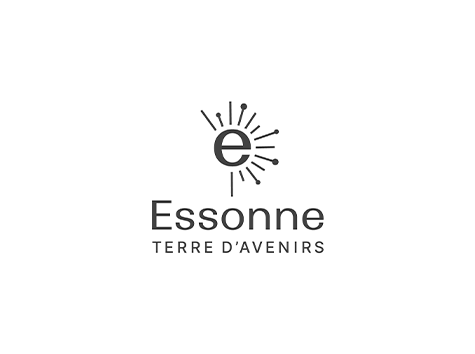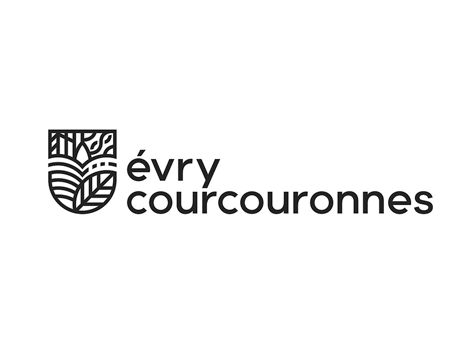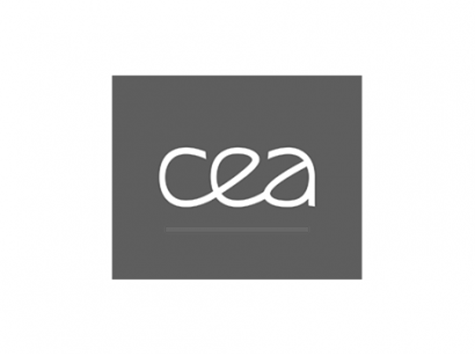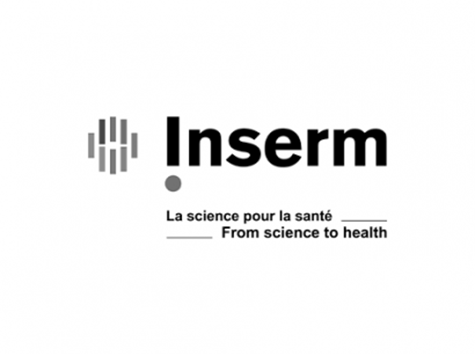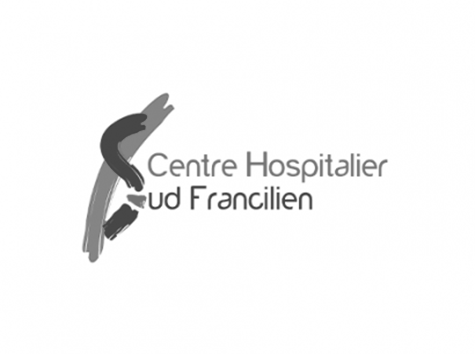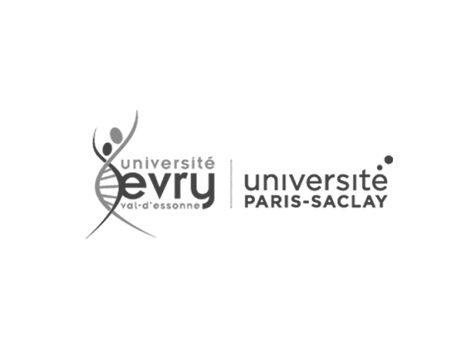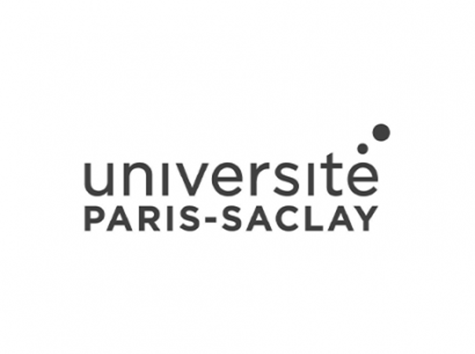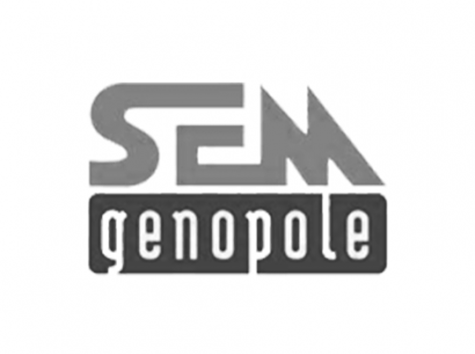Antoine Hubert heads the company Ÿnsect, a French and European pioneer in the industrial insect farming sector. Having obtained his agronomy engineering degree from AgroParisTech, Antoine founded Ÿnsect in 2011 with three friends, Jean-Gabriel Levon (Polytechnique and HEC), Fabrice Berro (Ensimag) and Alexis Angot (Essec). In 2013, the company caught the eye of Genopole, earning the “Industrial Potential” prize in its Young Biotech Award competition.
Thereafter, the company joined the biocluster’s incubator, and its R&D focused on mealworm beetles advanced quickly and well.
Antoine and his associates needed little time to grow their activity to the point where they needed an entire building at Genopole, both for the company’s head office and Ÿnstitute, the world’s largest private research center in the sector. In the Ÿnstitute laboratory, the researchers optimized the mealworm larvae farming and transformation procedures for the animal nutrition and natural fertilizer markets.
Both French and foreign investors have shown their interest and confidence in the continuously-growing company, providing financing of more than $425 million since its creation.
The company’s coming vertical insect farm near Amiens, France, will produce 100,000 metric tons of proteins and fertilizers yearly. Today, Antoine Hubert is running a company with 130 employees, 30 patents (a third of all those filed in the insect farming sector) and projects for internationalization well beyond Europe. Such a dazzling ascent in less than ten years is a rare thing!

